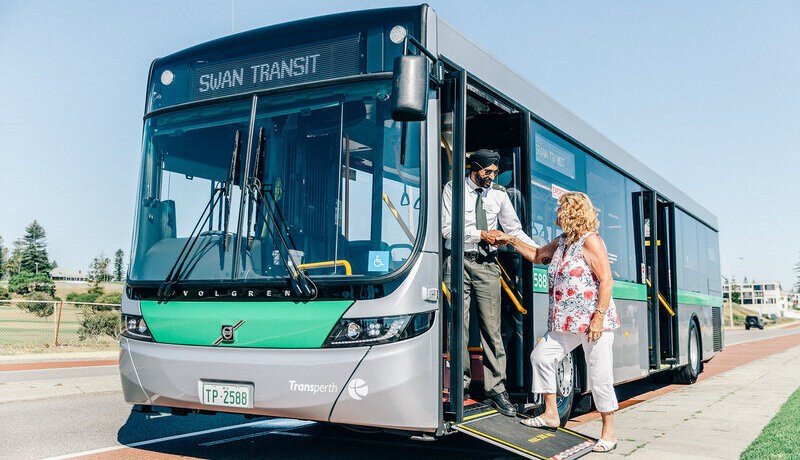Lessons Learned from Ford for OEMs and Smart Mobility Providers
Ford has been a titan of industry for over 100 years. For the last decade, the company has extended its work to earn a key role in defining the future of smart mobility. Ford is so invested, in fact, that the phrase “smart mobility” became popularized largely through the company’s initiatives and thought leadership.
At SXSW Interactive, Ford Executive Chairman Bill Ford spoke about some of the company’s initiatives and his own personal vision for the future of smart mobility. Here are a few key takeaways from Bill’s session that may help OEMs and smart mobility providers stay relevant, grounded and ahead of the curve in solving the large societal problems we face.
When it comes to money, be flexible.
Branching out into uncharted territory isn’t easy for any company, even with a bankroll as deep as Ford’s. Your monetization strategy must be flexible enough to sustain you through growing pains, long stretches of R&D, and failed business initiatives.
“If we do our job right, we’ll be less capital intensive, higher margins, less cyclical as a company,” Bill said. “We have Ford Credit, a database on customers all around the world which hasn’t been unleashed. As we think of future payments, our business model will change dramatically. We will try new things and make mistakes, and that’s okay. I really believe at the end of the day we will still be a more robust business.”
Keep working toward sustainability.
Traffic isn’t just annoying; the corresponding air pollution is already causing a growing health concern all over the world. Ford was named one of the world’s greenest companies in 2015, which Bill said was unheard of for an automobile company, as well as one of the world’s most ethical companies for the last eight years.
Bill values these awards because they show his employees why they do things the way they do, from the way they build their vehicles to the way they address water usage. Additionally, he is a proponent of having national emissions standards as one measurement every company can be aware of and work toward to become greener. Sustainability is important, but he feels every new technology must solve both problems to be successful: the mobility issue, as well as the pollution issue.
Remember the human aspect of driving.
Even if autonomous vehicles are perfected and ready to hit the market, smart mobility providers and automakers shouldn’t overlook the deeply embedded human aspect of driving.
“The old car business won’t disappear overnight,” Bill said. “We’ll make cars for customers, but there will be a big difference between urban transportation and suburban/rural transportation. If you love to drive and having your own vehicle, that will still be a possibility.”
When asked why he thinks electric and other fuel-efficient vehicles have not become the norm yet, Bill discussed the perception of green vehicles as “unfun.” Ford has had to work to overcome this perception with its own eco-friendly vehicles.
“Anytime we push the envelope, there’s initial resistance and then people get it,” Bill said. “People didn’t think anyone would like the Ecoboost V6, but now people love it. But it’s still the early days. A lot of electric car pronouncements haven’t been lived up to, and it’s better to underpromise and overdeliver.”
Don’t be a data dictator.
Though today’s citizens are fairly used to signing away rights to their personal data and information without a second thought, for example by using cellphones or logging onto Facebook, Bill firmly believes customers should own the rights to their data. This transparency will be key in building trust between humans and increasingly connected cars.
“There has to be an ‘opt in, opt out’ option and I think that’s ultimately where we’re going to go with data,” Bill said. “For connected vehicles, there will be a lot of sharing of data, but you can choose not to be in a connected vehicle.”
Remember the people behind the autonomous technology.
Bill’s overarching message was a simple one: the future is not about the technology we create, it’s about the people who will use it.
Smart mobility isn’t simply about pushing technology forward to move people more quickly, safely, and efficiently. The lives of the people who will be affected by this technology must be a built-in consideration in order to meet the true end goal of smart mobility: helping citizens live happier, healthier lives.
As we work together to build the world of tomorrow, it’s vital we center all of our business decisions not on only what is technologically possible or financially profitable, but on what will make the future a better place to live.





